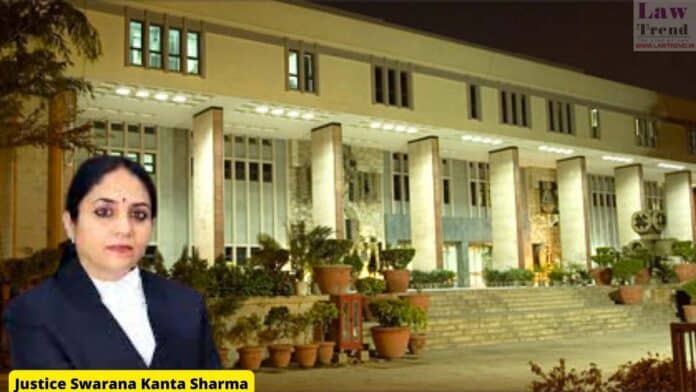In a crucial decision on Friday, the Delhi High Court directed St Stephen’s College to grant admission to seven students based on the seat allocations provided by Delhi University (DU). The ruling comes as a significant relief to the students who were caught in the crossfire of an ongoing dispute between the college and the university.
Justice Swarana Kanta Sharma presided over the case, highlighting the undue hardship faced by the students due to the college’s indecision. “The petitioners were placed in a state of uncertainty, unable to proceed with securing a spot at their preferred or even second-choice institutions,” Justice Sharma noted. The prolonged under-process status blocked these students from participating in subsequent allocation rounds, depriving them of other potential academic opportunities.
The court’s verdict addressed two separate petitions filed by the students, who argued that their admission process was hindered by the college’s dispute with DU over the seat matrix and calculation methods used to allocate seats. Justice Sharma affirmed that the university’s approach to rounding off the number of seats had not been faulted by the court and directed St Stephen’s to comply with the DU’s allocation policy—a policy the college itself had followed in previous years.
The students had sought admission under the “single girl child quota,” a supernumerary quota reserved by DU, which aims to support single girl children. Despite being allotted seats in courses such as BA Economics (Honours) and the BA programme, the college had failed to finalize their admissions within the required timeframe.
While the university supported the students’ petitions, St Stephen’s College resisted, arguing that it could only admit students within its sanctioned capacity. However, the court highlighted that the college had previously agreed to similar policies, including admitting extra students in initial counseling rounds to accommodate more Christian students.
Justice Sharma also dismissed the college’s claim that the Common Seat Allocation System (CSAS) lacked statutory backing, noting that the college had not challenged the system and had participated in it willingly in the past.




